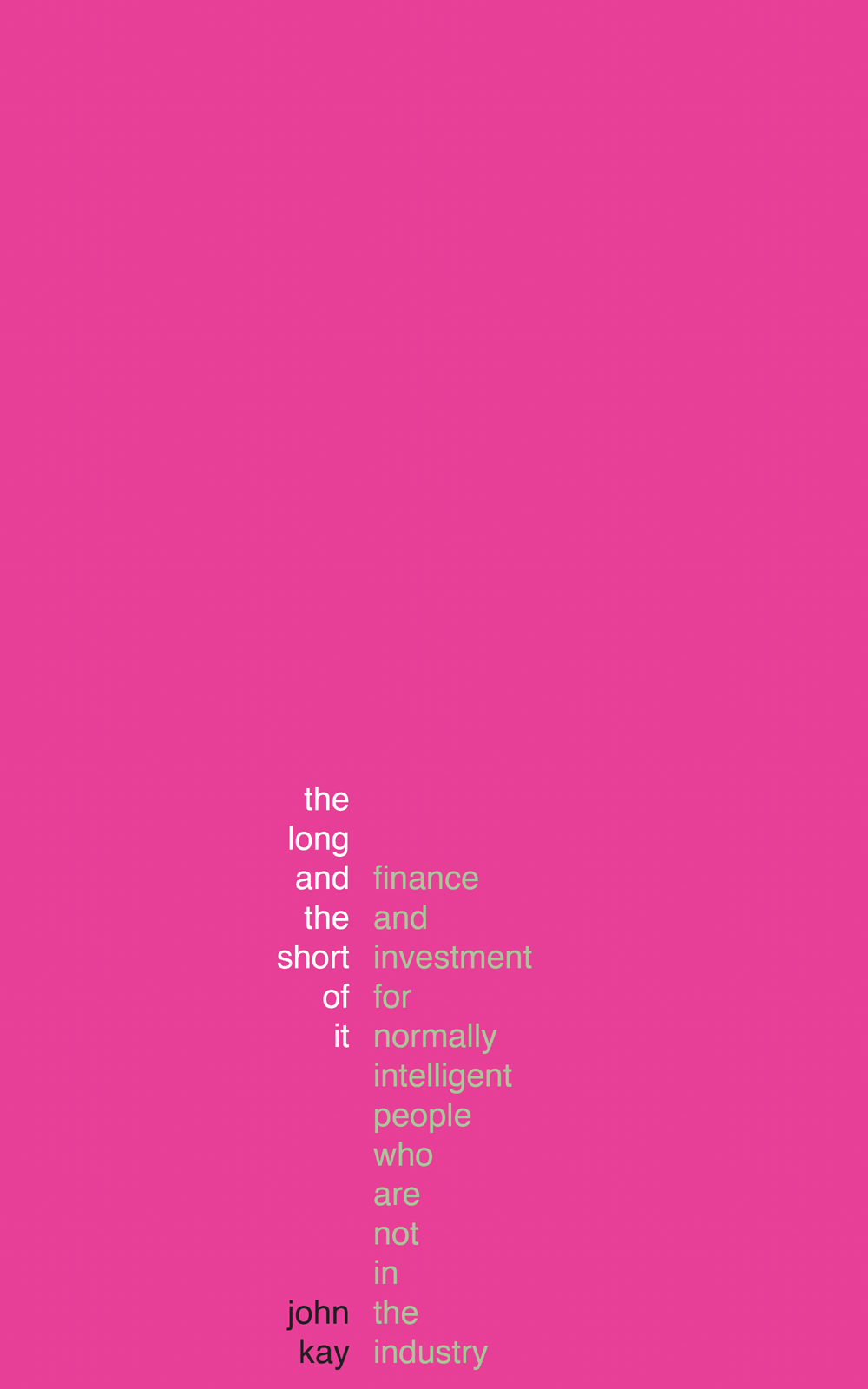Sunday, June 27, 2010
Friday, June 25, 2010
JEP is liberated
Journal of Economic Perspectives is now available to anyone on line, for free, going back to 1999
via Arnold Kling
Hal Varian's Ely Lecture
Computer Mediated Transactions
E-mail and other tools allow for asynchronous communication over a distance, which allows for optimization of tasks on a global basis. Knowledge work can be subdivided into tasks, much like the physical work in Adam Smith’s pin factory. But even more, those tasks can be exported around the world to where they
can most effectively be performed.
For example, consultants at McKinsey routinely send their PowerPoint slides to Bangalore for beautification. There are many other cognitive tasks of this sort that can be outsourced, including translation, proofreading, document research and so on. Amazon’s Mechanical Turk (Wikipedia 2009a) is an intriguing example of how computers can aid in matching up workers and tasks. As of March 2007 there were reportedly over 100,000 workers from 100 countries who were providing services via the Mechanical Turk (Pontin 2007)
Book Recommendation- Uncommon Sense
Uncommon Sense-Economic Insights, from Marriage to Terrorism
Gary S. Becker and Richard A. Posner
The Chapters will give you a flavor;
Gary S. Becker and Richard A. Posner
The Chapters will give you a flavor;
I. Sex and Population
1. The Sexual Revolution
2. Gay Marriage
3. Polygamy
4. Sex Selection
5. Immigration Reform
6. Putin’s Population Plan
II. Property Rights
7. Kelo and Eminent Domain
8. Pharmaceutical Patents
9. Grokster, File Sharing, and Contributory Infringement
10. Orphan Drugs, Intellectual Property, and Social Welfare
11. Organ Sales
12. Traffic Congestion
13. Privatizing Highways
III. Universities
14. Plagiarism
15. Tenure
16. For-Profit Colleges
17. Ranking Higher Education
IV. Incentives
18. Fat Tax
19. Trans Fats Ban
20. Libertarian Paternalism
21. Chicago and Big Boxes
V. Jobs and Employment
22. Judicial Term Limits
23. Economics of the Revolving Door
24. CEO Compensation
25. Income Inequality
26. Corporate Social Responsibility
VI. Environment and Disasters
27. Tsunami
28. Major Disasters
29. Federalism, Economics, and Katrina
30. Post-Catastrophe Price Gouging
31. Global Warming and Discount Rates
32. Efficient Water Conservation
VII. Crime and Punishment and Terrorism
33. Capital Punishment
34. Doping Athletes
35. Drunk Driving
36.Internet Gambling
37. Preventive War
38. Ethnic Profiling
39. Privatizing Security
40. Antiterrorism Allocations
41. Collective Punishment
VIII. The World
42. Economic and Political Freedom
43. Size of Countries
44. Hamas, Palestine, and Democracy
45. Google in China
46. Economics of National Culture
47. Microfinance and Development
48. World Inequality
49. Foreign Aid
Labels:
Behavioral Economics,
Books,
Economic Literacy,
Gary Becker
Sunday, June 6, 2010
Assorted
Can a Soda Tax Save Us From Ourselves?
Pelé Remains the Last Word in a Changed World
How to commit the perfect crime
Impact Assessment Meets the Market
"Identity Economics" by George Akerlof and Rachel Kranton: A Rambling Review
High Stakes Innovation
Antibiotic Resistance, A Risk We Don't Worry About Enough
Anchoring
Podcasts
Menand on Psychiatry
We Don't Know How To Solve Global Poverty And That's A Good Thing
Speaker: Professor William Easterly.
Financial Crises And Crisis Economics: Past, Present And Future
Speaker: Professor Nouriel Roubini.
How Much Does Good Management Matter? Evidence From India
Speaker: Professor John Roberts.
The Plundered Planet
Speaker: Professor Paul Collier.
Building Social Business: The New Kind Of Capitalism That Serves Humanity's Most Pressing Needs
Speaker: Professor Muhammad Yunus
The Career-Family Conundrum
Speaker: Professor Claudia Goldin.
India's Economy: Performance And Challenges
Speaker: Shankar Acharya, Isher Ahluwalia, Montek Singh Ahluwalia, Surjit Bhalla, Martin Wolf.
Pelé Remains the Last Word in a Changed World
How to commit the perfect crime
Impact Assessment Meets the Market
"Identity Economics" by George Akerlof and Rachel Kranton: A Rambling Review
High Stakes Innovation
Antibiotic Resistance, A Risk We Don't Worry About Enough
Anchoring
Podcasts
Menand on Psychiatry
We Don't Know How To Solve Global Poverty And That's A Good Thing
Speaker: Professor William Easterly.
Financial Crises And Crisis Economics: Past, Present And Future
Speaker: Professor Nouriel Roubini.
How Much Does Good Management Matter? Evidence From India
Speaker: Professor John Roberts.
The Plundered Planet
Speaker: Professor Paul Collier.
Building Social Business: The New Kind Of Capitalism That Serves Humanity's Most Pressing Needs
Speaker: Professor Muhammad Yunus
The Career-Family Conundrum
Speaker: Professor Claudia Goldin.
India's Economy: Performance And Challenges
Speaker: Shankar Acharya, Isher Ahluwalia, Montek Singh Ahluwalia, Surjit Bhalla, Martin Wolf.
Labels:
Behavioral Economics,
India,
Multimedia,
Public Finance
Subscribe to:
Comments (Atom)




















.png)


















